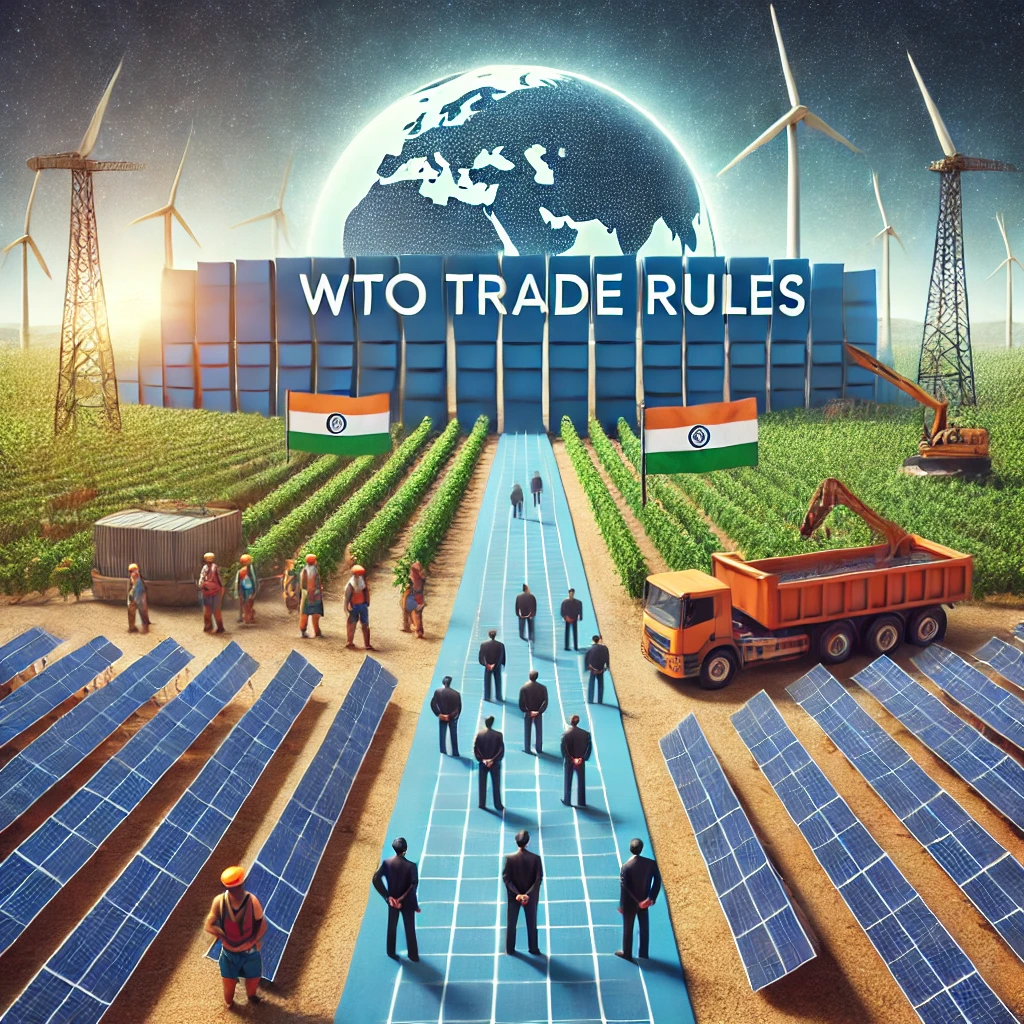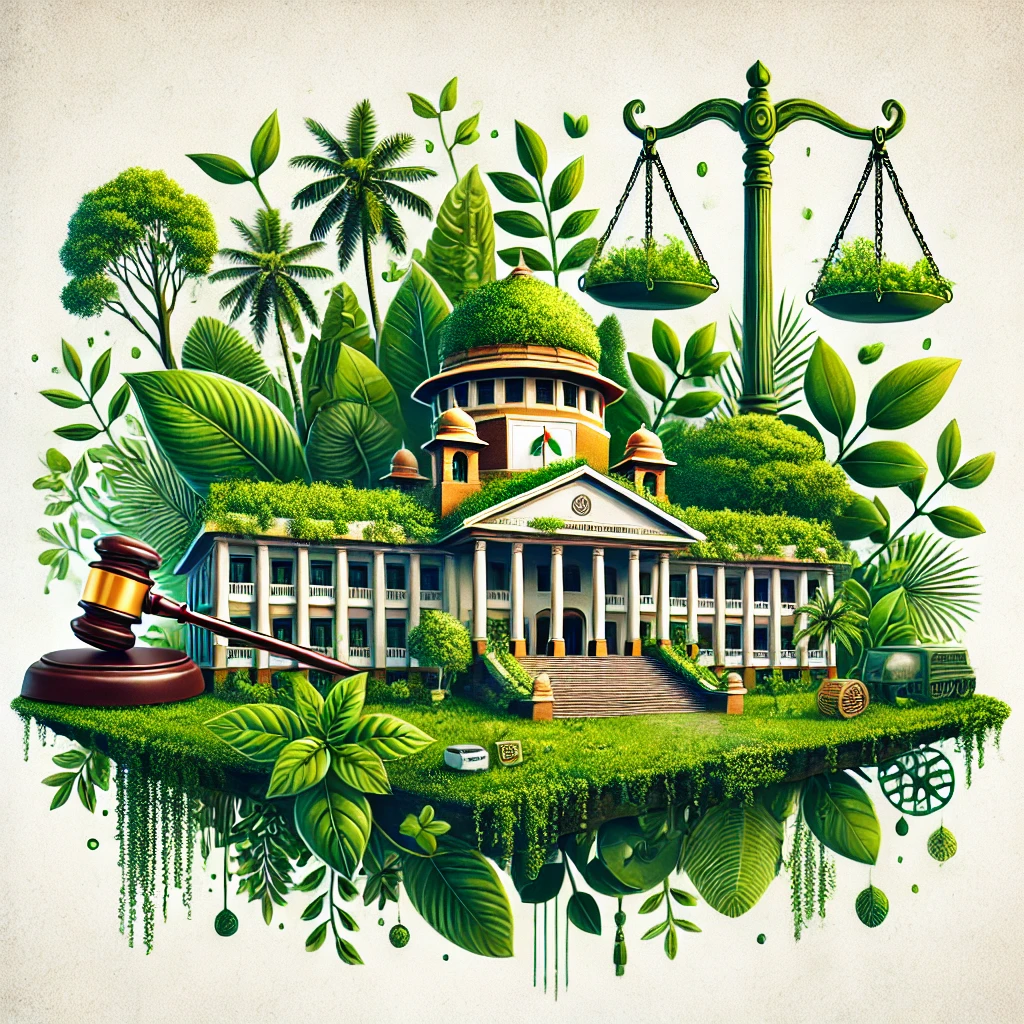Environmental laws at Moldova
Moldova, a landlocked country in Eastern Europe, has developed a set of environmental laws aimed at addressing the challenges of pollution, biodiversity conservation, land degradation, and climate change. These laws align with both national priorities and international obligations, especially as Moldova seeks to integrate more closely with the European Union. Below is an overview of Moldova's environmental laws and key regulations:
1. The Constitution of the Republic of Moldova (1994)
Environmental Protection as a Fundamental Right: The Constitution of Moldova guarantees the right to a healthy environment and obliges the state to ensure sustainable development and protection of natural resources.
Article 35 of the Constitution specifically states that every citizen has the right to live in a healthy environment, and the state is responsible for ensuring the protection of natural resources.
2. The Environmental Framework Law (1993)
The Environmental Framework Law (No. 151/1993) is the primary law governing environmental protection in Moldova. This law outlines the principles of environmental management, focusing on sustainable development and the protection of natural resources.
Key provisions:
Sustainable Development: The law emphasizes that economic growth should be achieved without compromising the ability of future generations to meet their own needs.
Environmental Impact Assessment (EIA): It requires the preparation of Environmental Impact Assessments (EIA) for projects that could significantly affect the environment. The aim is to assess the potential impacts before granting permits.
Pollution Control: The law provides a framework for controlling pollution of air, water, and soil, with specific guidelines for waste management, noise control, and hazardous materials handling.
3. The Law on Environmental Protection (2001)
This Law on Environmental Protection (No. 151/2001) builds on the framework law and provides more detailed provisions regarding environmental management and pollution control.
Key provisions:
Pollution Prevention: It sets out measures for pollution control, establishing emission limits for various pollutants and requiring industries to obtain permits for waste disposal and emissions.
Environmental Inspections: The law provides for environmental inspections to monitor compliance with environmental standards and to ensure that businesses and organizations adhere to environmental regulations.
Biodiversity Protection: The law recognizes the importance of preserving biodiversity and requires the protection of natural habitats, ecosystems, and endangered species.
4. The Law on Biodiversity (1998)
The Law on Biodiversity (No. 1538/1998) regulates the protection and conservation of Moldova's biodiversity, including plant and animal species, and their habitats.
Key provisions:
Conservation of Ecosystems: The law promotes the conservation of ecosystems and the sustainable use of biological resources.
Protected Areas: The law establishes protected areas, such as nature reserves, national parks, and monuments of nature, to protect biodiversity.
Endangered Species: It outlines measures for the protection of endangered species and regulates activities that may threaten biodiversity, including hunting, fishing, and habitat destruction.
5. The Water Code (1993)
Moldova's Water Code (No. 1538/1993) regulates the use, protection, and management of water resources in the country.
Key provisions:
Water Quality Protection: The Code establishes water quality standards and controls pollution from industrial, agricultural, and domestic sources.
Water Use Permits: The law requires individuals and businesses to obtain permits for using water resources, such as for irrigation, industrial use, and hydropower generation.
Flood Prevention: The Code also includes provisions for managing flood risks and protecting water sources from contamination and over-extraction.
6. The Forest Code (1996)
The Forest Code (No. 887/1996) governs the sustainable management, protection, and conservation of Moldova's forest resources.
Key provisions:
Forest Management: The law regulates the management of forests, promoting sustainable timber production while preserving ecosystems and biodiversity.
Forest Protection: It includes measures for protecting forests from illegal logging, forest fires, and pests, and establishes national forest reserves.
Reforestation: The law encourages reforestation and afforestation to restore degraded lands and improve carbon sequestration.
7. The Law on Waste Management (2016)
The Law on Waste Management (No. 209/2016) regulates the collection, treatment, disposal, and recycling of waste in Moldova.
Key provisions:
Waste Hierarchy: The law follows the European waste management hierarchy, emphasizing waste prevention, reduction, reuse, and recycling.
Waste Disposal: It sets rules for waste disposal, including regulations for hazardous waste and the construction and operation of landfills.
Producer Responsibility: The law introduces extended producer responsibility (EPR), requiring producers to manage waste from their products, such as packaging and electronic waste.
Recycling and Recovery: The law encourages recycling and the recovery of materials from waste, aiming to reduce the environmental impact of landfills.
8. The Law on Air Protection (2012)
The Law on Air Protection (No. 78/2012) sets the legal framework for controlling air pollution and improving air quality in Moldova.
Key provisions:
Air Quality Standards: The law establishes national air quality standards for pollutants such as particulate matter, sulfur dioxide (SO2), nitrogen oxides (NOx), and carbon monoxide (CO).
Emission Limits: It regulates emissions from industrial facilities, vehicles, and other sources, setting maximum permissible levels for air pollutants.
Monitoring and Enforcement: The law provides for air quality monitoring and the enforcement of air pollution standards through inspections and penalties for violations.
9. The Law on the Conservation of Soil (2013)
The Law on Soil Conservation (No. 274/2013) addresses the sustainable use and protection of soil resources in Moldova.
Key provisions:
Soil Erosion Control: The law includes measures to prevent soil erosion, a significant issue in Moldova due to intensive agriculture and deforestation.
Soil Fertility: It promotes practices that protect and improve soil fertility, such as crop rotation, organic farming, and responsible pesticide use.
Land Degradation: The law includes provisions for addressing land degradation, desertification, and the restoration of damaged lands.
10. The Law on Environmental Impact Assessment (2012)
The Law on Environmental Impact Assessment (EIA) (No. 86/2012) establishes the framework for conducting environmental assessments for projects that may have significant environmental impacts.
Key provisions:
EIA Requirement: The law mandates that certain projects, particularly large-scale infrastructure projects, undergo an environmental impact assessment before they can be approved.
Public Participation: The law ensures public participation in the EIA process, allowing citizens and local communities to provide feedback on proposed projects.
Mitigation Measures: It requires that projects implement mitigation measures to minimize adverse environmental impacts.
11. The Law on Climate Change (2020)
Moldova’s Climate Change Law (No. 66/2020) aligns with global efforts to reduce greenhouse gas emissions and adapt to climate change.
Key provisions:
Emission Reduction Targets: The law sets targets for reducing greenhouse gas emissions in line with international agreements such as the Paris Agreement.
Adaptation Measures: It promotes climate adaptation strategies, particularly in vulnerable sectors such as agriculture, water resources, and infrastructure.
Climate Financing: The law facilitates the establishment of a national climate fund to support projects that mitigate or adapt to the impacts of climate change.
12. International Environmental Agreements
Moldova is a party to several international environmental agreements, including:
The Paris Agreement: Moldova has committed to reducing its greenhouse gas emissions and taking actions to mitigate climate change.
The Convention on Biological Diversity (CBD): Moldova is involved in global efforts to conserve biodiversity and sustainably manage biological resources.
The Convention on Wetlands (Ramsar): Moldova participates in the conservation of wetland ecosystems, particularly important for biodiversity and climate regulation.
The Convention on the Transboundary Effects of Industrial Accidents: Moldova is a signatory to this agreement, which focuses on preventing and mitigating industrial accidents that can harm the environment and human health.
Enforcement and Challenges
Enforcement: The Environmental Inspectorate (Inspectoratul Ecologic de Stat) is responsible for monitoring and enforcing environmental laws in Moldova. It conducts inspections, issues penalties for violations, and ensures compliance with environmental standards.
Challenges:
Deforestation: Deforestation due to illegal logging and unsustainable agricultural practices remains a significant environmental challenge.
Pollution: Air, water, and soil pollution from industrial activities, agriculture, and waste disposal continue to be pressing concerns.
Climate Change: Moldova is highly vulnerable to the impacts of climate change, including droughts, floods, and shifting agricultural patterns, which necessitate more effective adaptation strategies.
Limited Public Awareness: Despite the legal framework, there is a need for greater public awareness and involvement in environmental protection efforts.
Conclusion
Moldova has established a comprehensive set of environmental laws that address key challenges such as pollution, biodiversity conservation, and climate change. These laws align with international environmental commitments and provide a legal framework for sustainable development and resource management. However, the country faces significant environmental challenges, particularly in terms of pollution control, forest management, and climate change adaptation. Effective enforcement of environmental laws, improved public engagement, and increased investment in green technologies will be crucial to ensuring a sustainable future for Moldova’s environment.












comments